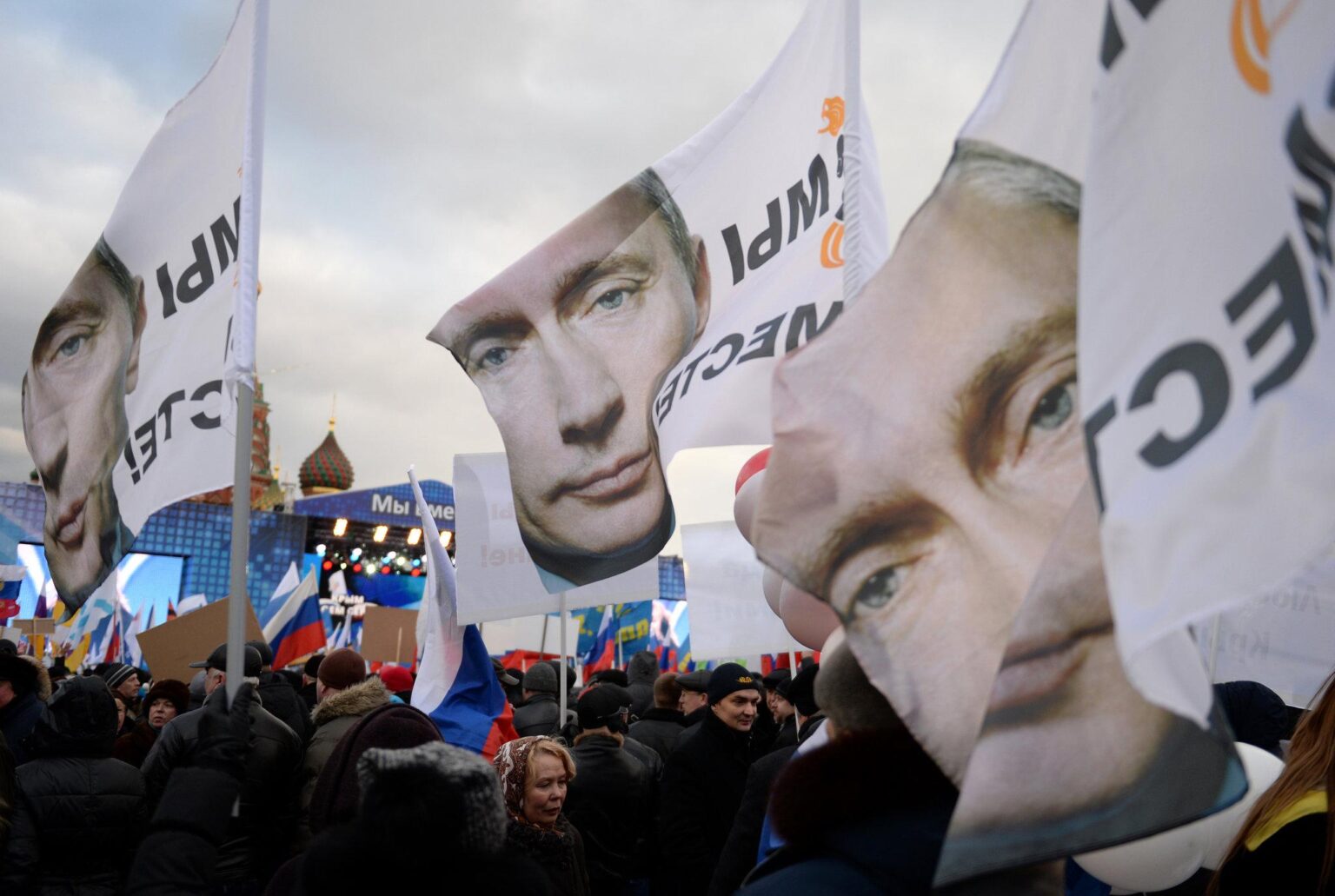In a time of increasing tensions and global uncertainties, Russia finds itself embroiled in a new ideological battlefield – the militarization of young minds. As the country’s government seeks to shape the beliefs and loyalties of its future generations, a controversial and divisive narrative is emerging, one that holds profound implications for the nation’s identity and its place on the world stage. In this article, we delve into the complex and multifaceted dynamics at play in Russia’s evolving ideological landscape, exploring the implications of this militarization trend for the country’s youth and society as a whole.
Understanding Russias Push for Militarization in Youth Education
Russia’s push for militarization in youth education is a strategic move by the government to instill national pride, loyalty, and a sense of duty in the younger generation. By introducing military training and patriotic education into schools, Russia aims to shape the minds of its youth to uphold traditional values and defend the country’s interests.
Through programs such as the Yunarmia (Youth Army) and military-themed summer camps, Russian children are immersed in a culture that glorifies the military and fosters a strong sense of nationalism. This approach not only prepares young people for potential military service but also reinforces the government’s narrative of a strong and resilient Russia on the world stage. The militarization of youth education in Russia is a reflection of the country’s desire to shape the future generation into loyal and patriotic citizens who will uphold the values of the state.
The Role of State Propaganda in Shaping Young Minds
State propaganda plays a crucial role in shaping the beliefs and attitudes of young people, especially in countries like Russia where the government exerts significant control over media and education. Through a combination of overt censorship, subtle manipulation, and outright misinformation, the state is able to influence how young minds perceive the world around them. This is particularly concerning when it comes to the militarization of young minds, as the government uses propaganda to promote a culture of aggression and nationalism.
In Russia, the military is often portrayed as heroic and adventurous, with young people encouraged to join the armed forces as a source of pride and honor. This constant glorification of the military not only distorts reality but also desensitizes young minds to the true consequences of war. By instilling a sense of duty and loyalty to the state from a young age, the government is able to ensure a steady supply of recruits for its military campaigns, further perpetuating the cycle of violence and conflict.
Challenges Faced by Educators and Parents in Countering Militarization Efforts
In the face of increasing efforts to militarize young minds in Russia, educators and parents are facing a myriad of challenges. Some of the key obstacles they encounter include:
- Lack of resources: Schools and families often struggle with limited resources to provide alternative education and activities to counter the influence of militarization.
- Government pressure: Educators and parents face pressure from the government to conform to militaristic ideals, making it difficult to advocate for alternative viewpoints.
Moreover, the pervasive nature of militarization in Russian society makes it challenging for educators and parents to effectively counter these efforts. By working together and finding creative solutions, they can help shape a more peaceful and inclusive future for the younger generation.
Recommendations for Protecting Youth from Ideological Indoctrination
In light of the growing concern over Russia’s aggressive tactics to indoctrinate young minds with militaristic ideologies, it is crucial to take proactive measures to protect our youth from falling victim to such manipulation. Here are some recommendations to safeguard our future generations:
- Educate about propaganda: Teach young people how to spot and critically analyze propaganda techniques used to manipulate their beliefs.
- Promote critical thinking: Encourage youth to question and evaluate information they receive, rather than accepting it blindly.
- Offer diverse perspectives: Expose young minds to a wide range of opinions and viewpoints to foster open-mindedness and tolerance.
| Issue | Recommendation |
|---|---|
| Curriculum | Include lessons on media literacy and critical thinking skills in educational programs. |
| Parental Guidance | Encourage parents to engage in open discussions with their children about current events and ideologies. |
| Community Engagement | Organize workshops and forums to empower youth to participate in constructive dialogues on social issues. |
The Way Forward
As Russia’s youth become increasingly entangled in the web of militarization, the battleground of ideological warfare continues to evolve. With the government investing resources in shaping the minds of the next generation, the stakes are higher than ever. The future of Russia’s ideological landscape hangs in the balance, with the fate of its youth serving as both participants and pawns in this new battlefield. Only time will tell how this militarization of young minds will shape the country’s trajectory.
